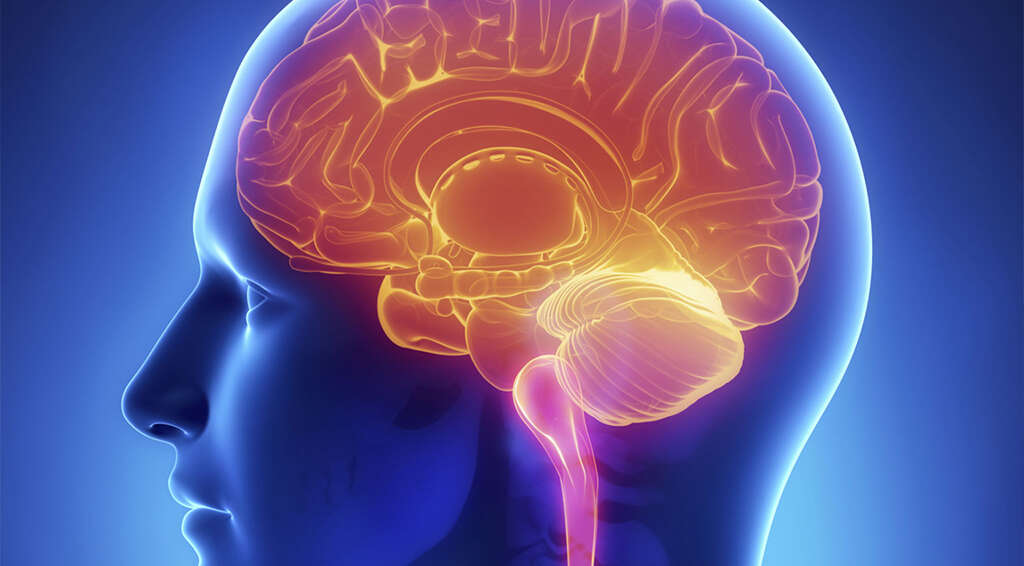10 Benefits of Fasting
We always hear about many exercise and diet trends that are backed up by science or not. Fasting has become a popular trend by refraining from food and drink for a period of time. However, fasting has been seen in many religions and cultures in the past century.
There is plenty of research conducted mostly on animals, but the results have been clear. There are different types of fasting: intermittent, longer, and extended fasts. One of the major differences is how long a fast is done. Usually, the fast is done intermittently. Those considering fasting should consult with their doctor before attempting any type of fast. There is clear evidence that there are health benefits to fasting.

Fasting Benefit #1: Improves Body Composition
It makes sense that less consumption of caloric intake will help one to lose weight. However, fasting is not the same as starvation. It means that the duration of eating is shorter, but the amount of nutrients and daily caloric needs are still being met.
In a study involving 24 participants, they were to exercise and participate in intermittent fasting during an eight hour window. For the next 30 days, participants were assessed with weight training and ingesting calories during the intermittent fasting time frame. It was concluded that their lean mass from the first day to the last was significant in resting energy expenditure. Intermittent fasting along with resistance training can decrease body fat and enhance body composition.

Fasting Benefit #2: Boosts Metabolism
Nutrition plays a huge role in metabolism. The essential nutrients help our bodies get energy, while it helps provide the chemicals that the body cannot produce themselves. They are essential to repair body tissues, and the upkeep of functioning the body.
In one study, it was shown that during the body’s response to fasting, levels of the serum leptin were made. Leptin is a protein that is produced by fatty tissues which helps regulate fat storage in the body. Another study was done with five normal participants and five obese subjects. There was a higher decrease in plasma glucose for those that fasted than those who did not fast. It was concluded that a lack of leptin during fasting may suggest that insulin or glucose plays a role in regulation of leptin release.

Fasting Benefit #3: Improves Blood Pressure and Heart Health
According to the American Heart Association, cardiovascular disease claims more lives than all cancers and respiratory diseases combined in the United States. That is a significant amount, therefore, maintaining a healthy blood pressure can help reduce health risks, such as heart attack or stroke.
Caution will need to be taken regarding fasting because electrolyte imbalances that may cause heart irregularities may occur. If you have high blood pressure, consider trying fasting under the supervision of a medical professional. In one study on the effect of intermittent fasting, a significant decrease in blood pressure values were shown.

Fasting Benefit #4: Improves Cholesterol and Triglyceride Levels
When people think of cholesterol, they think of the heart and its negative effects. Cholesterol is critical to cell membranes and hormones. Cholesterol is the total amount of cholesterol in the blood and has two types: low-density lipoprotein (LDL) and high-density lipoprotein (HDL). Triglycerides is another form of fat in the blood and if this number is high, it may raise the risk for heart disease.
More studies are needed to prove the effects of fasting with cholesterol levels. However, one study concluded that an improvement of the lipid profile reduced total cholesterol, low-density lipoprotein, triglycerides, and increased high-density lipoprotein.

Fasting Benefit #5: Helps Depression
The World Health Organization predicts that depression will be on the rise around the world and will be the leading cause of disease by 2030. As insulin has shown to be strongly related to depression, high blood sugar and insulin is to blame. With intermittent fasting, it helps regulate blood sugar levels. Normal blood sugar levels will lead to a better mood.
In a study with 32 healthy men, they were to follow a calorie restricted diet with intermittent fasting for 3 months. Mood was assessed along with weight, body mass index, and body fat. It was concluded that a fasting and calorie restricted diet improved their moods and nutritional status.

Fasting Benefit #6: Improves Brain Function
The brain is one of the most important parts of the body. Consuming nutrient-rich foods and managing our stress levels is critical for our overall health. Doctors have evaluated the mind and body connection for centuries. Intermittent fasting is a way to increase rates of new brain cells and nerve tissues in the brain. A particular study showed that fasting stimulated the production of new brain cells. Dietary restriction or intermittent fasting has profound effects on brain function and protects neurons against Alzheimer’s, Parkinson’s, and Huntington’s disease.

Fasting Benefit #7: Increases Longevity and Slows Down the Aging Process
The goal is to live a healthy and long life. Daily exercise, a well-balanced diet, physical and emotional health is usually the recipe for that. Now add intermittent fasting. A new study from Harvard University has shown how fasting can slow the aging process, and increase one’s lifespan. It focused on the basic biology that showed how cells cannot process energy over time which leads to disease. Researchers found that restricting the diet of worms maintained the mitochondrial in a young state. These then communicated with peroxisomes to restrain fat metabolism. This helps slow down the aging process at the cellular level.

Fasting Benefit #8: Decreases Blood Sugar
Type 2 diabetes is on the rise. Preventative measures and a well nutrient-rich diet are essential. In a recent study, intermittent fasting and alternate day fasting was compared. Body weight, fasting glucose, insulin, and insulin sensitivity were measured. The results showed that there was decrease in body weight, fasting insulin, and insulin resistance, with clinically meaningful reductions in glucose levels.

Fasting Benefit #9: Fights Inflammation and Improves Immune System
The immune system needs the strength to fight disease and tackle inflammation. Chronic inflammation is the cause of many chronic diseases such as diabetes, dementia, bowel diseases, and more. Intermittent fasting has shown studies that have reduced inflammation dramatically.
It is also claimed that it can treat health conditions such as colitis, heart disease, and arthritis. A calorie restricted diet was shown to reduce symptoms of autoimmune diseases such as lupus and reduce symptoms of multiple sclerosis. For gut health, many gastrointestinal disease symptoms are alleviated by fasting therapy especially irritable bowel syndrome.

Fasting Benefit #10: Decreases Cancer Risk
Cancer is a group of diseases that have uncontrollable growth and spread of abnormal cells. Lowering many risks such as consuming a nutrient-rich diet, participating in daily exercise, and many other factors that can help prevent this disease is helpful. Emerging evidence has revealed that this is an exchange between the frequency and timing of eating and metabolic health.
A study has shown that eating frequently, lowering evening intake and fasting for longer night intervals lowered systemic inflammation, and lowered the risk of breast cancer. More further studies need to validate the relationship between fasting and cancer risk. Another study has shown how intermittent fasting does counteract disease processes by DNA repair and autophagy. Periodic fasting has also proved to help stem cell-based regeneration.












